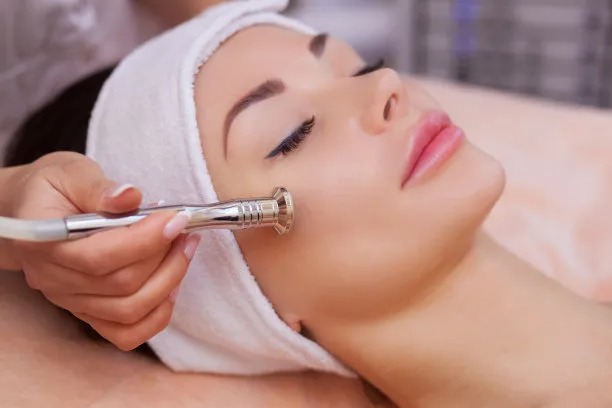HOME > COSMETIC SURGERY >
Exploring the Impact of Cross-Border Cosmetic Surgery on Global Healthcare Economy
original:health91192025-02-18 11:15:23
Summary: The article delves into the impact of cross-border cosmetic surgery on the global healthcare economy. It explores how the trend of individuals seeking cosmetic procedures abroad affects healt
Summary: The article delves into the impact of cross-border cosmetic surgery on the global healthcare economy. It explores how the trend of individuals seeking cosmetic procedures abroad affects healthcare systems, economies, and regulations worldwide, shaping the future landscape of medical tourism and healthcare globalization.
1. Economic Implications

Cross-border cosmetic surgery presents economic opportunities for both sending and receiving countries. Countries offering these services benefit from increased revenue and job creation in the healthcare sector. On the other hand, patients can access more affordable procedures, contributing to the growth of medical tourism.
Moreover, the influx of international patients can lead to infrastructure development in receiving countries, catering to the specific needs of medical tourists. This investment in healthcare facilities can have a positive spillover effect on the local economy, spurring growth in related industries.
However, the economic impact of cross-border cosmetic surgery also raises concerns about the equitable distribution of resources within healthcare systems. Disparities in access to these services may exacerbate existing inequalities, calling for regulatory measures to ensure fairness.
2. Healthcare Quality and Standards
The globalization of cosmetic surgery highlights variations in healthcare quality and standards across borders. Patients traveling for procedures seek high-quality care at lower costs, prompting them to weigh the risks and benefits of receiving treatment abroad.
While some countries boast advanced medical facilities and skilled practitioners, others may lack stringent regulations or oversight, posing potential risks to patient safety. Achieving uniform standards of care in cross-border cosmetic surgery requires collaboration among international healthcare authorities and organizations.
Evaluating the accreditation of clinics, the qualifications of healthcare providers, and the post-operative care available to patients are critical aspects in ensuring a safe and positive experience for individuals seeking cosmetic procedures overseas.
3. Regulatory Challenges and Legal Considerations
The growing popularity of cross-border cosmetic surgery presents regulatory challenges and legal considerations for healthcare policymakers. Differences in licensing requirements, liability issues, and malpractice laws across jurisdictions can complicate the oversight of medical tourism practices.
Addressing these challenges involves establishing guidelines for informed consent, transparency in pricing, and mechanisms for addressing post-operative complications on an international scale. Harmonizing regulatory frameworks can safeguard patient rights, enhance accountability, and promote ethical practices within the global cosmetic surgery industry.
Furthermore, legal frameworks that outline the rights and responsibilities of both patients and providers in cross-border healthcare settings are essential for ensuring compliance with ethical standards and protecting individuals from potential risks and misconduct.
4. Social and Cultural Impact
The rise of cross-border cosmetic surgery influences social perceptions of beauty, body image, and wellness on a global scale. Cultural attitudes towards aesthetic ideals and the normalization of cosmetic enhancements contribute to the increasing demand for these services across borders.
Individuals traveling for cosmetic procedures may face stigmatization or scrutiny upon returning to their home countries, reflecting broader societal attitudes towards cosmetic surgery and beauty standards. Cultural sensitivity and awareness are crucial in addressing the social implications of medical tourism and promoting inclusivity within diverse healthcare environments.
Understanding the intersection of social norms, cultural values, and healthcare practices is essential in fostering dialogue, education, and acceptance of diverse aesthetic choices in an increasingly interconnected world.

Summary:
The exploration of cross-border cosmetic surgerys impact highlights the complex interplay between economic, healthcare quality, regulatory, and social factors shaping the global healthcare economy. Addressing these multifaceted challenges requires collaboration, innovation, and ethical considerations to mitigate risks and enhance the overall patient experience in a rapidly evolving landscape.
This article is published by HEALTH9119 Medical Health Network https://www.health9199.com arrangement